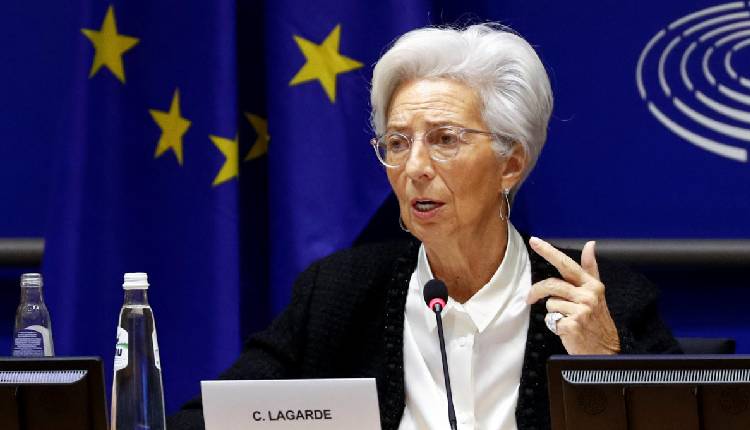The European Central Bank (ECB) indicated that it cannot commit to a predetermined number of interest rate cuts, even after it begins to lower borrowing costs.
This is due to the bank’s reliance on incoming data, as explained by ECB President Christine Lagarde on Wednesday and cited by Reuters.
Many ECB policymakers have shown support for an initial reduction in borrowing costs from their current record highs, with the first cut most likely to occur in June. However, the number of subsequent cuts is still a matter of debate.
Despite this, Lagarde attempted to temper such speculation on Wednesday while also acknowledging that recent data on wages and inflation has been encouraging.
She emphasised that the ECB’s decisions will continue to be data-driven and made on a meeting-by-meeting basis, responding to new information as it becomes available.
Inflation in the euro zone has decreased from a double-digit percentage increase in the fall of 2022 to 2.6 per cent last month.
Lagarde outlined the conditions necessary for the ECB to begin cutting rates: a slowdown in wage growth, a continued decrease in inflation, and new internal projections confirming that price growth is returning to its 2 per cent target.
Lagarde concluded by stating that if these conditions are met and the transmission remains strong, the ECB will be able to transition into a less restrictive phase of its policy cycle.
